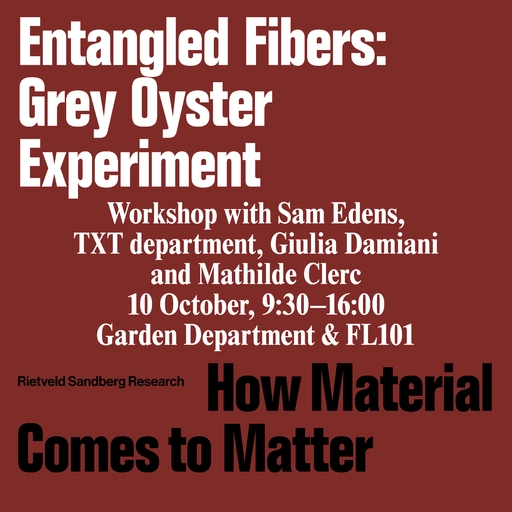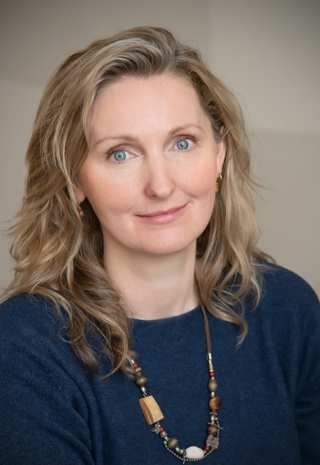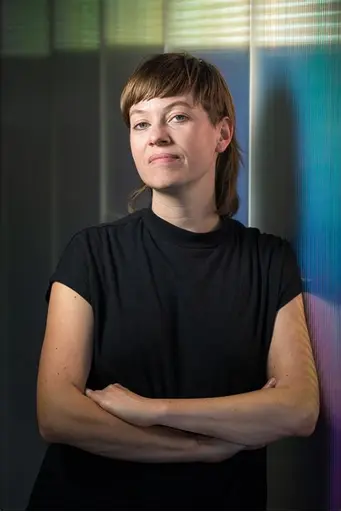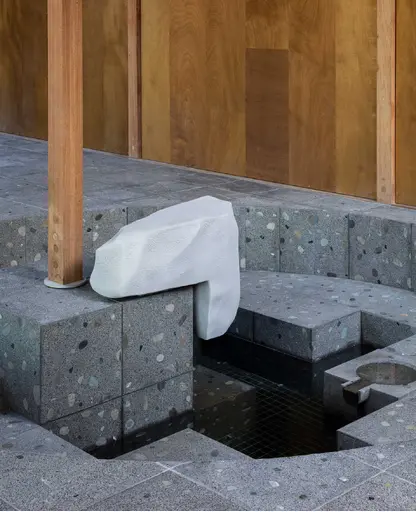event
This workshop brings together the students of the TXT bachelor department, the Garden Department and other living organisms in a collective site of material research to engage with material practices weaving together human and other-than-human knowledges.
Led by Sam Edens (HvA), a biodesigner and researcher with expertise in working with biobased and living materials such as fungi, algae, yeasts, and bacteria, the workshop will guide students in the cultivation of Grey Oyster fungal threads on substrates of decaying materials from the garden. The collaboration between the TXT department, the Garden Department, and Sam’s expertise aims to foreground how knowledge emerges from the interplay of materials and the environment in a collective, material-discursive setting. With additional guidance from theory tutor Giulia Damiani, and workshop expert Mathilde Clerc, we will explore how these material-based research practices reflect broader inquiries into situated and collective learning and the transfer of embodied forms of knowledge through co-creating, sharing and developing affective relationships.

Edens has been working at AUAS since 2015 developing and providing education that focuses on inclusive ecological perspectives on technology-driven transitions (Interaction Engineering 2017-2020, Makers Lab 2019-2023, Sustainable Futures 2023-now). As biodesigner and researcher, Edens combines her background in design and philosophy with materials research into biobased and living materials such as algae, fungi, yeasts, and bacteria. Within Fashion Research and Technology, she works on projects revolving around biobased materials research and application.
Materiality Research Group
This workshop is part of a series of workshops conocted by the Materiality Research Group (Anja Groten and Márk Redele), and kindly funded by CoECI. The Materiality Research Group revisits the role of workshops and their pedagogies, asking how material comes to matter in the face of contemporary social and ecological challenges.
research group
Materiality
Materiality
project
How Material Comes to Matter
How Material Comes to Matter


